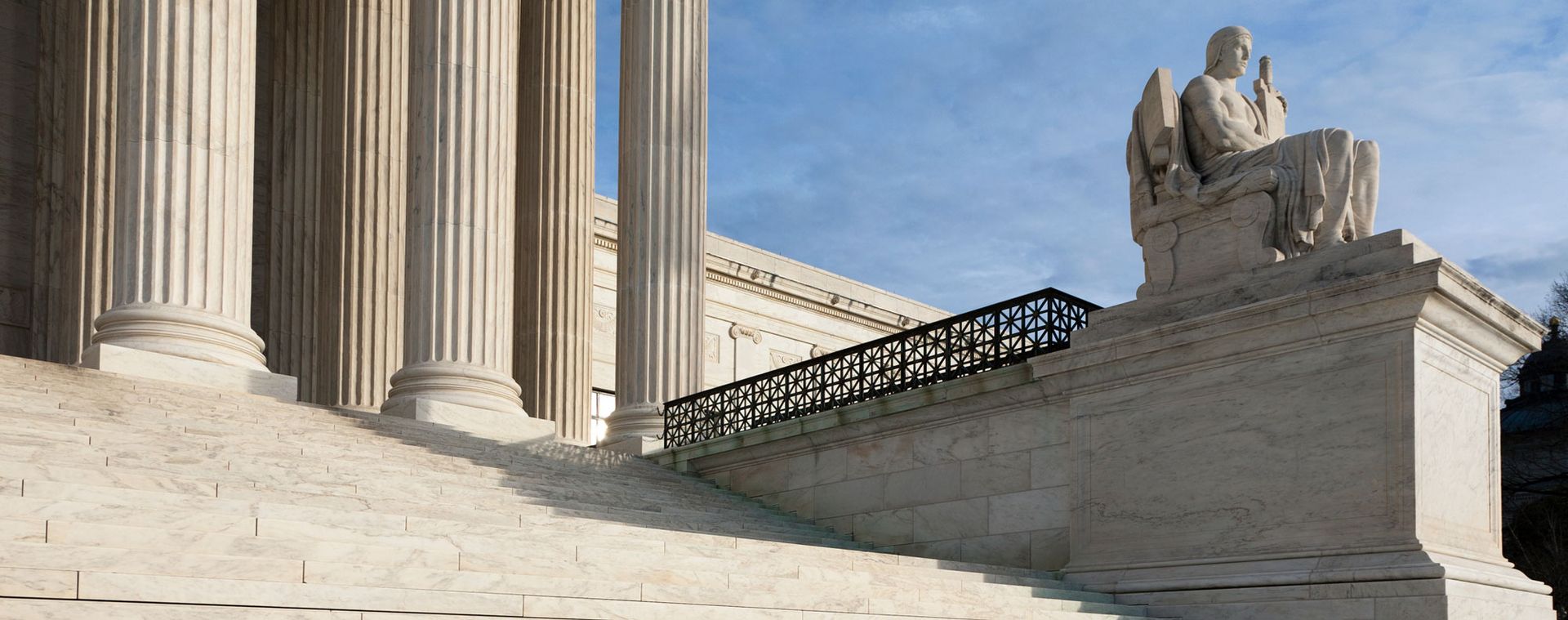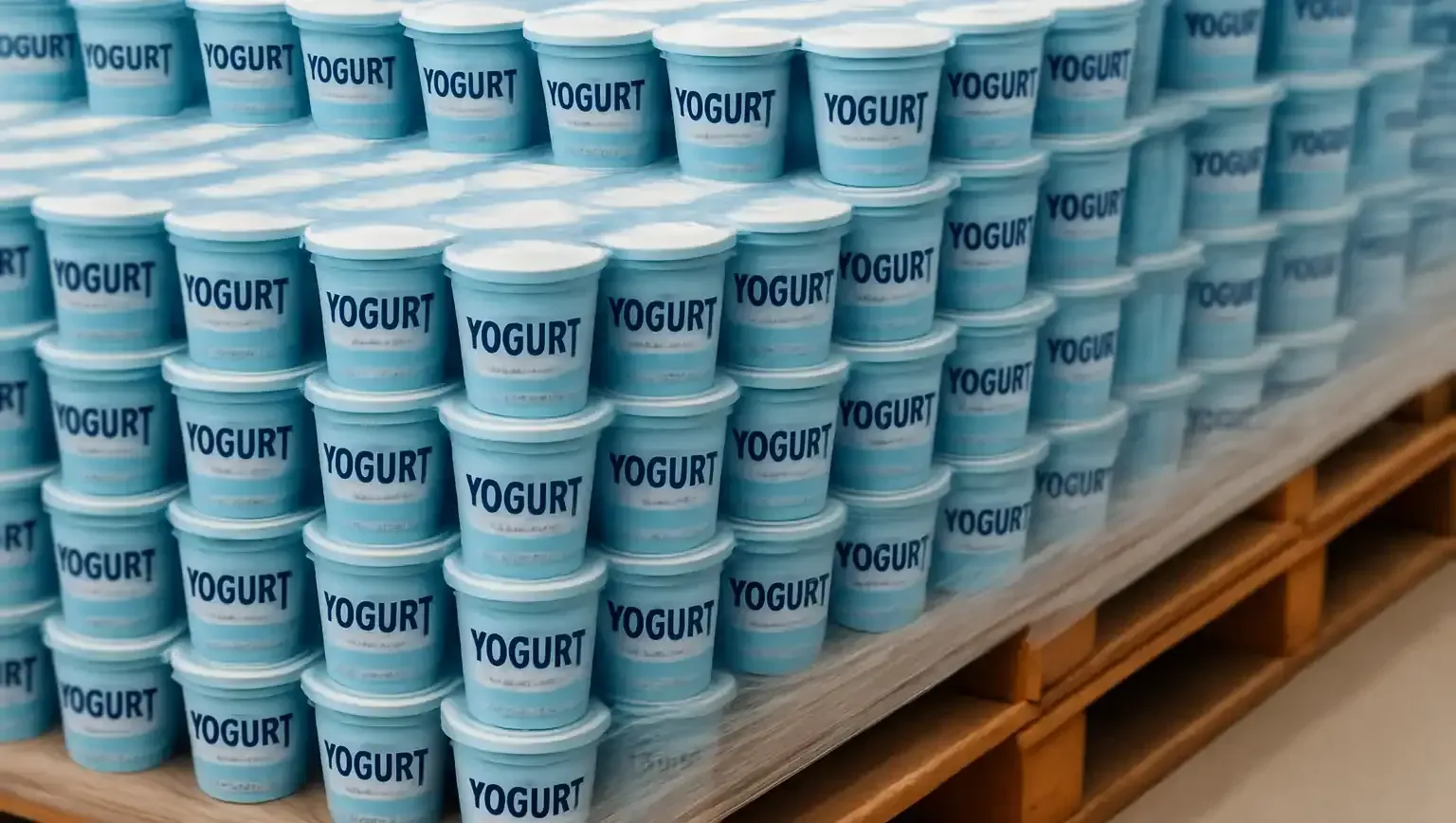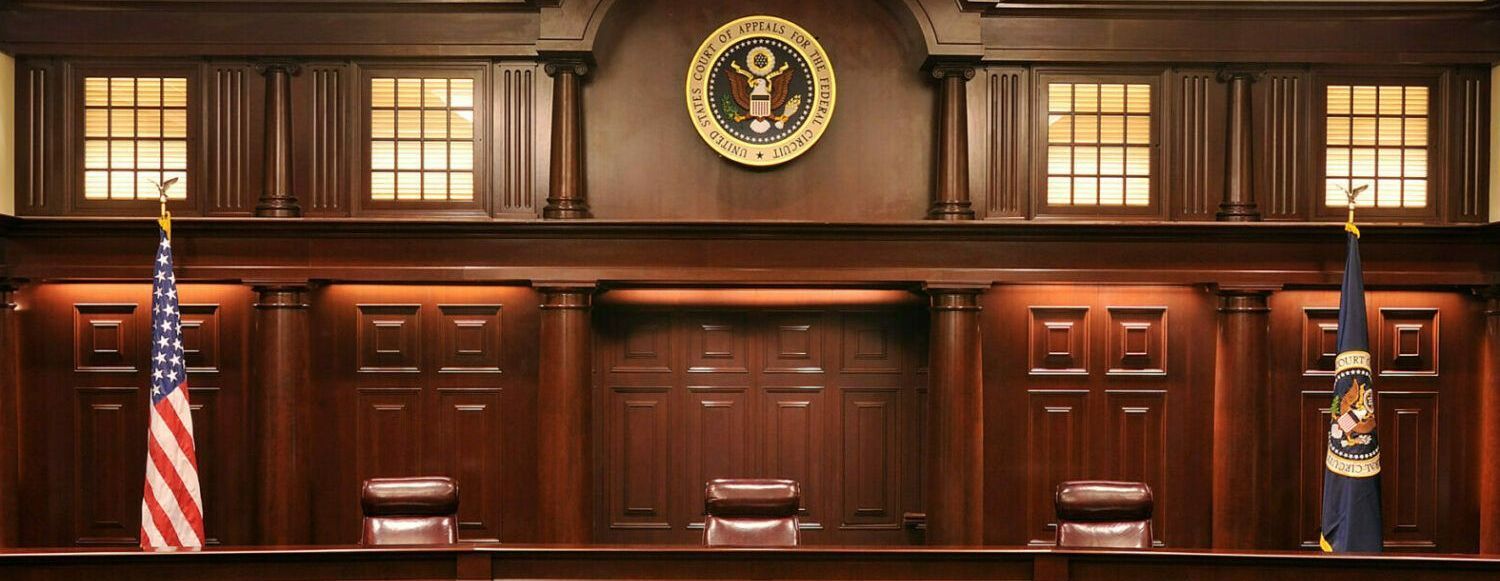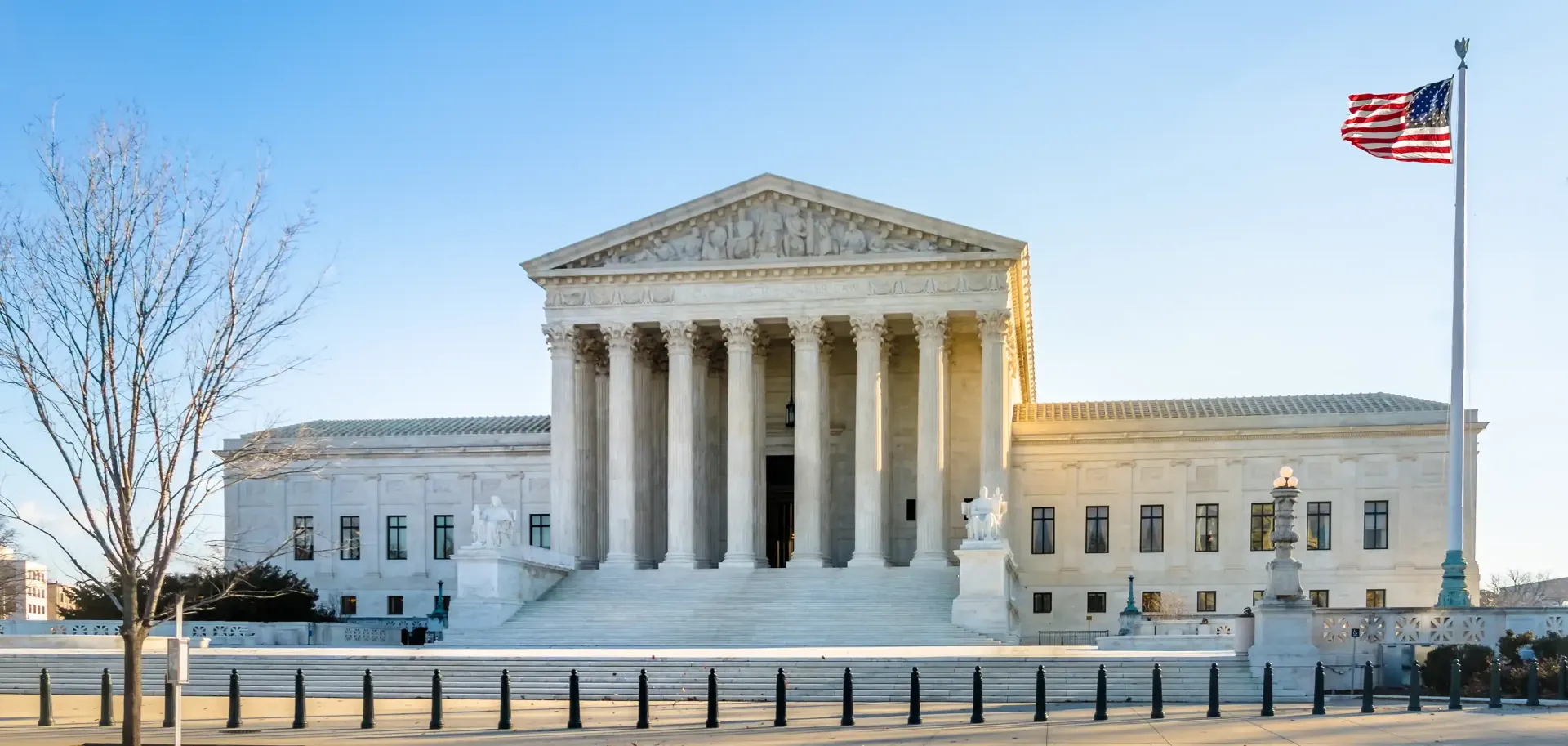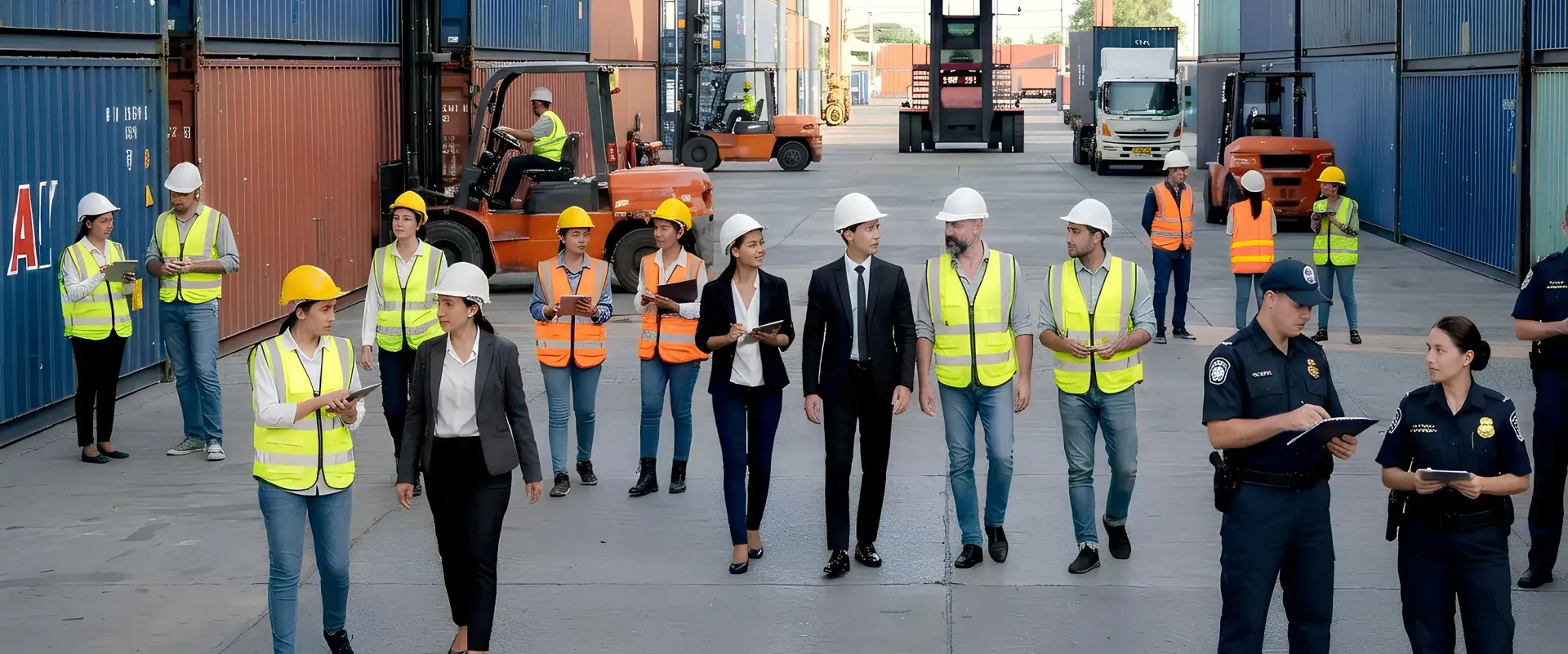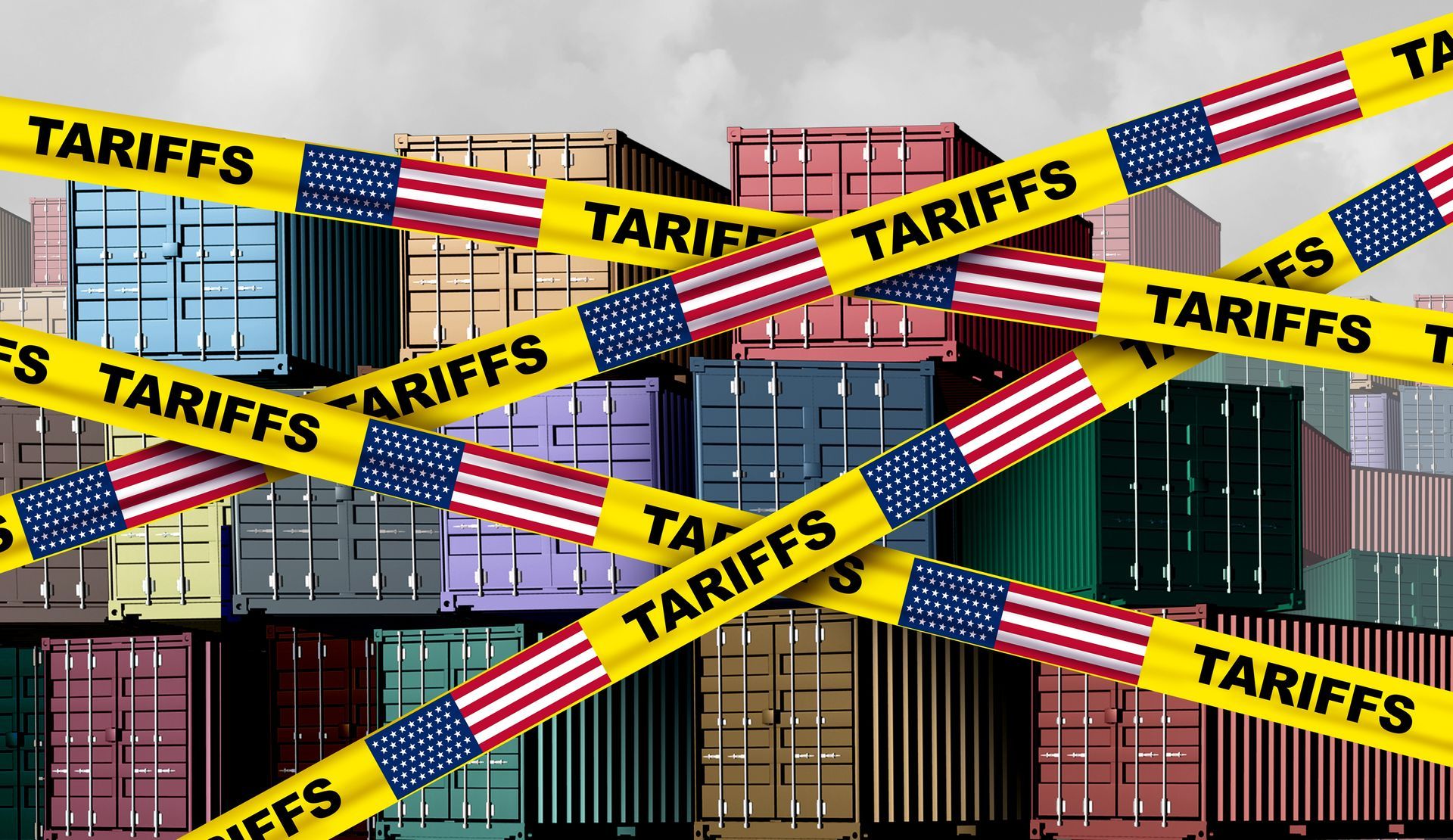What is Tariff Evasion and How to Avoid Implication
tariff evasion is an enforcement priority
The Department of Justice (DOJ) has officially elevated trade and customs fraud—including tariff evasion—to its #2 enforcement priority. This shift is part of a broader strategy under the Trump administration to enforce high tariffs and ensure accurate revenue collection.
The commencement of The Enforce and Protect Act (EAPA) enhances the U.S. government's ability to investigate and combat antidumping and countervailing duty evasion, providing new tools for enforcement and transparency in trade practices.
The DOJ is targeting misclassification, undervaluation, and false country-of-origin claims. They have mentioned aggressive prosecution, which includes criminal charges and whistleblower incentives. This isn’t a surprise given the spike in rapidly growing tariffs. Even unintentional errors in classification or valuation can trigger heavy penalties. Companies must reassess product classifications, especially with shifting supply chains (e.g., Mexico replacing China).
On Friday August 15th, CBP announced two major trade enforcement wins under EAPA. These wins delivered a decisive blow to bad actors using unfair trade practices to undercut American workers and industries.
CBP uncovered more than $400 million in unpaid trade duties through EAPA investigations that occurred from January 20th to August 8th. During that period, CBP identified 89 cases with sufficient suspicion of duty evasion. Some companies will try and circumnavigate duties by using illegal transshipment, moving goods through third countries to disguise origin and avoid duties.
CBP’s enforcement teams will continue to carry out port inspections which will include on-the-ground verifications in Indonesia and Taiwan. Every importer investigated that is found in violation will be subject to penalties. Some of the lesser penalties include up to 2x the underpaid duties, plus the original amount. Criminal prosecution is possible for importers who have committed intentional fraud or concealment.
What should you do as an importer?
- Conduct a customs risk audit by reviewing your Harmonized Tariff Schedule (HTS) classifications.
- Be sure to be accurate when reporting of the origin and value of an imported product.
- If you have found discrepancies or anomalies, consider filing a voluntary prior disclosures to avoid punitive fines.
- Don’t rely solely on your import broker, remember that importers are ultimately liable.
Get actionable advice on cost-saving strategies that boost your bottom line.
Subscribe here:
